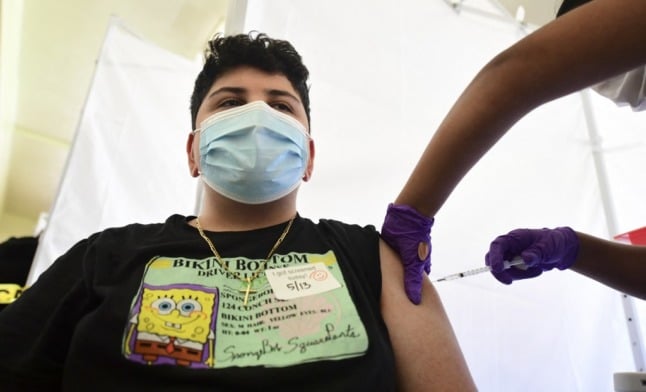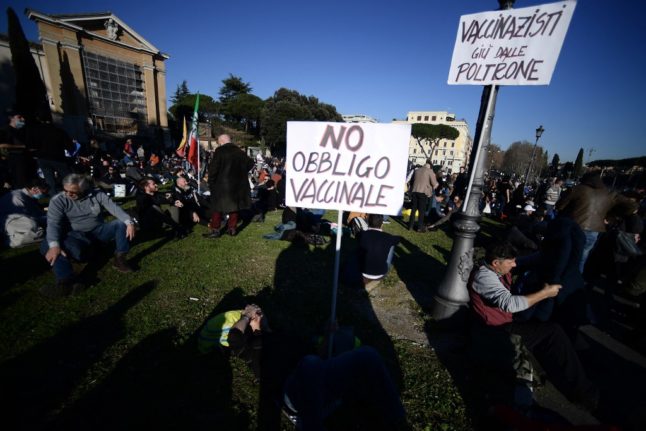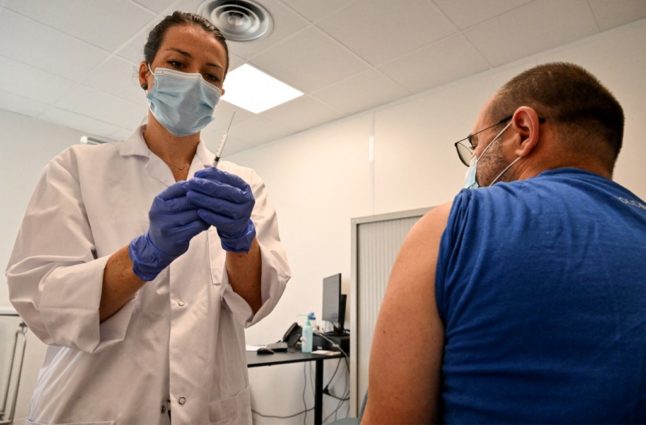Austria’s Ministry of Health has advised that children should be vaccinated once the EMA approves the vaccine, with the country’s health minister Wolfgang Mückstein telling Der Standard newspaper, that if the vaccine was approved by the EMA, it meant it was “highly effective and safe”.
“I would also vaccinate my daughters with it,” he is reported to have said.
He also announced on Friday he wanted to vaccinated the largest possible number of children aged between twelve and 16 by the end of August.
Pediatrician Albrecht Prieler, who is a member of Austria’s National Vaccination Committee (NIG) said it was important children should be protected with a Covid-19 vaccination as soon as possible. He said even if if Covid-19 was usually milder in children, there was still a “residual risk” of a severe course, adding without vaccinating children it will “never be possible” to achieve herd immunity, according to the Wiener Zeitung newspaper.
Vaccine hesitancy may affect rollout
This would mean an additional 340,000 young people could be eligible for vaccination in Austria. But how easy will it be to persuade this group and their parents, that vaccination is the best option?
One stumbling block to vaccinating most children aged over 12 may be vaccine scepticism amount the Austrian population. While a recent survey by the University of Vienna found that the willingness to vaccinate had increased during 2021, Der Standard newspaper noted Austrians are not the biggest advocates of vaccinations, especially when it comes to children.
More concerns over vaccines for children in Austria
The Wellcome Global Monitor study in 2018 showed Austrians often rejected statements such as “vaccinations for children are safe” (rejection rate 22 percent) or “it is important that children are vaccinated” (rejection rate 12 percent).
In neighbouring Germany, Health Minister Jens Spahn has stated that he intends to offer vaccines to younger children.
Vienna already allows children aged 12 and over to register for a coronavirus vaccination. In the capital vaccinations are expected to start for children in June. In Styria, vaccinations for this group will be offered in July and August, supplies permitting. Tyrol and Vorarlberg have also pledged to vaccinate children at some point “during the summer”




 Please whitelist us to continue reading.
Please whitelist us to continue reading.
Member comments